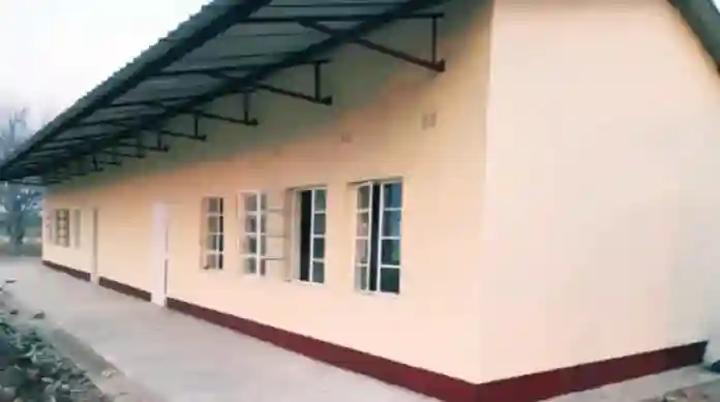Africa-Press – Zimbabwe. The Government has failed to meet its target to build more schools in the country because of land shortages, an official has said.
According to the 2022 Population Census data, Zimbabwe has a 3 000 school deficit against an estimated 13 000 demand for schools.
Primary and Secondary Education Ministry permanent secretary, Moses Mhike, said that there is a shortage of land to build more expansive schools. He said:
You need 3.5 hectares to have a primary school and you need 7 hectares to be able to have a secondary school.
You need approximately 30 hectares to build a boarding school but we are saying that land is not going to expand in Zimbabwe.
We need to think outside the box, that’s why I think let’s accommodate the issue of densification.
Let’s build upwards, you can be able to build a good primary school on a hectare and everything can happen.
However, unions representing teachers have dismissed the claim by the Government that there is a shortage of land in the country to build new schools.
Amalgamated Rural Teachers Union of Zimbabwe (ARTUZ) leader, Obert Masaraure, said:
On one hand, the government failed to adequately plan for access to education whenever it allocated residential stands in urban areas.
Local authorities should also prioritise access to education parcelling all the land out for residential purposes is retrogressive since the residents will still need education.
Educators Union of Zimbabwe secretary, Tapedza Zhou, said the government’s failure to build more schools was because of misplaced priorities. He said:
I don’t understand when the government says that there is a shortage of land when the same government has been acquiring land since 2000.
If the government had the will and if it considered education as a priority, it was supposed to channel the funds obtained through corruption and misplaced priorities to build schools on land which is abandoned.
Thousands of learners in marginalised areas and satellite schools have been learning under trees, in open spaces and barns for years due to a lack of classrooms.
In cities, public schools are always overcrowded also because of a shortage of classrooms.
In the 2024 national budget, education received the highest allocation of ZWL $10.4 trillion, translating to 17.4% which is below the 20% Dakar agreement.
For More News And Analysis About Zimbabwe Follow Africa-Press






